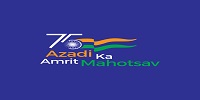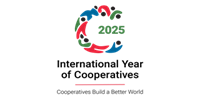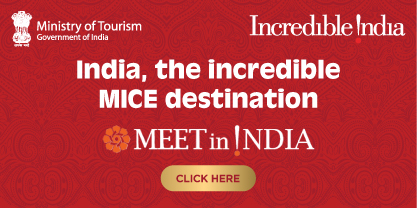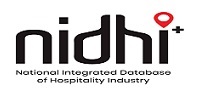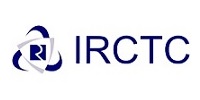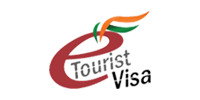A large segment of people are involved directly and indirectly in the tourism industry. Professional expertise is required for specialized vocations in this field. At present there are Food Craft Institutes (FCIs) and Institute of Hotel Management (IHMs) where technical training is being provided to persons for the Hospitality Industry. Tourism training is being provided by the Indian Institute of Tourism and Travel Management, Gwalior, its Eastern Regional Centre at Bhubneswar, and through its various “Chapters” located at different places in the country to persons for taking up professions in the Travel and Tourism Industry. The tourism service providers are both in the approved/ organized and also the unorganized sector. The IHMs and FCIs cater mainly to organized sector i.e. Hotels and Restaurants. At the same time, there are a large number of persons who are engaged in the unorganized sector such as small hotels, road side eating places, ticketing/ travel agencies, dhabas etc.
There is a segment of tourism service providers who are engaged in other professions but come in contact with the tourist. These persons, such as staff at bus/ railway stations, police personnel, immigration staff at airports, coolies, taxi/ coach drivers, staff at monuments, guides etc.
The tourists come in contact with various service providers and it is this experience they have while interacting with the cutting edge governs their experience of India as a tourist destination. It was therefore felt necessary that this large number of service providers are given certain inputs which can improve their behavior and service levels. Therefore a Scheme was formulated wherein these service providers in the unorganized sector are given some inputs so as to upgrade their behavior and service skills.
Some of the important areas being covered under the training include Health & Personal Hygiene, Cleanliness, Basic Service techniques, Cooking Techniques, Garbage Disposal, Etiquette and basic manners, basic nutrition values. Energy saving and basic tourism awareness, Communication skills, Behaviour Skills, First Aid, Client Handling & Behaviour Skills etc.are also covered in the training programmes. The duration of the course ranges from 4 days to 6 days.
The implementing agencies have been given flexibility in devising the training programmes/ modules. However, general parameters have been fixed.
Under this scheme the institutions are conducting Training using their own infrastructures in their own premises or are providing the training at site of the service providers. In the case of IHMs and FCIs the Faculty and students are being used widely. A large number of the Service providers are located around the tourist sites and therefore such persons have to be trained at their place of work.
- Scheme of Capacity Building for Service Providers (Institutes)
 Download 522.17 KB
Download 522.17 KB












